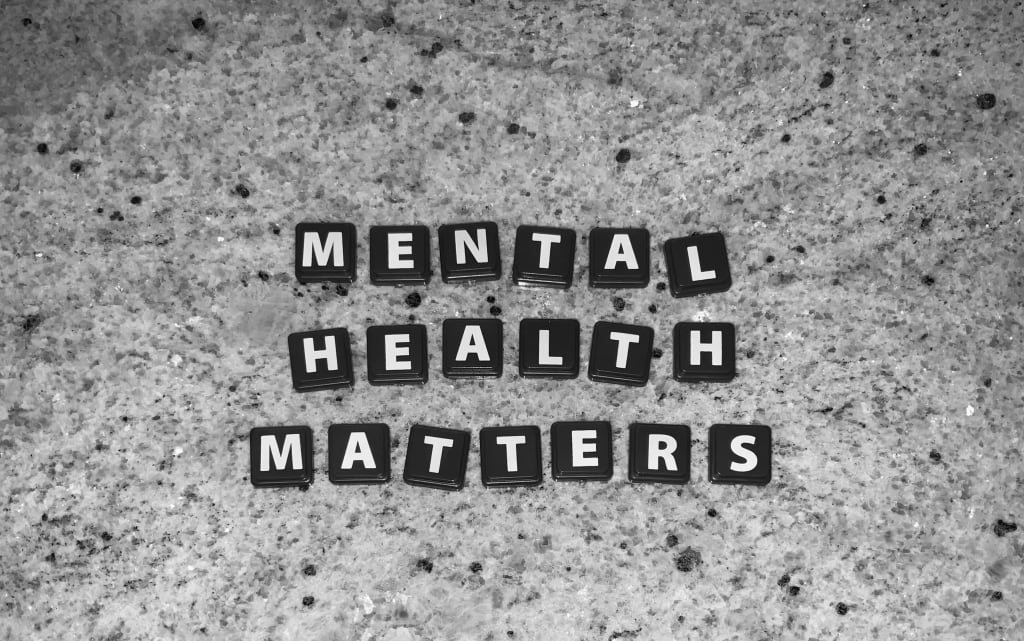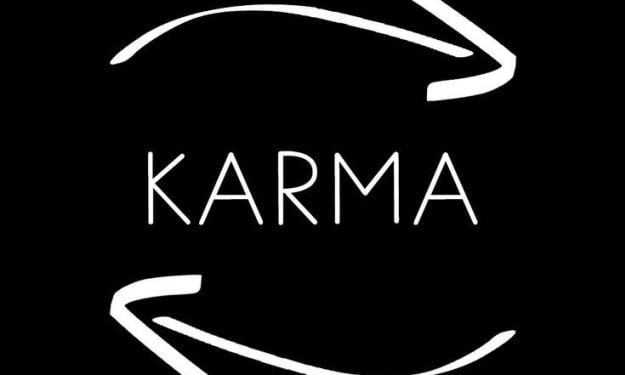Mental Health And Drug Addiction
Addiction Treatments

Many people struggle with both mental health and drug addiction issues. While many are afraid to seek help, the first step to recovery is admitting that a problem exists. Often, individuals do not recognize the signs and symptoms of mental health problems and may try to hide them because they fear that they will not get help for a long time. While this can be a mistake, recognizing that a problem exists is the first step in the recovery process.
A good treatment program will address both issues simultaneously. Depending on the severity of your condition, the treatment may involve therapy, medication, or behavioural changes. Peer support is an important part of any program. A detoxification program is one option for mental health and addiction treatment. Once the detoxification process is complete, the program will help you work out the addiction issues and provide tools that will help you continue to stay sober after you leave treatment.
Treatment should include comprehensive evaluations and screenings. The screening should take into account the substance abuse history of the participant, his or her social network, and their overall health. This evaluation helps staff develop a personalized treatment plan for the patient. It is essential to know what to expect from mental health and drug addiction treatment. And, as with any other type of treatment, it is best to work with a licensed professional who can provide you with the necessary support.
Moreover, it is essential to note that mental disorders and substance abuse go hand in hand. In the long run, addiction can lead to physical problems. For example, long-term drug abuse can damage the brain. Moreover, addiction can also lead to mental health problems that are often associated with psychological conditions. While many people may not experience any physical issues as a result of drug abuse, mental disorders and drug addiction are closely linked.
Cognitive Behavioral Therapy is one form of therapy that focuses on improving a person's ability to manage difficult situations. This type of talk therapy helps individuals challenge irrational thoughts and alter their behaviors. It also helps individuals identify the root cause of their issues and understand the triggers. This way, they can overcome their challenges and achieve lasting recovery. In addition to cognitive behavioral therapy, there are other types of treatment available.
Dual diagnosis is a unique treatment approach that allows specialists to treat both issues simultaneously. It is also important to remember that drugs can impede the effectiveness of prescribed mental health medication and worsen the symptoms of mental health disorders. Dual diagnosis treatment programs are the ideal solution for those struggling with both. Once treatment is complete, dual diagnosis will allow patients to manage both disorders in the long term. It is estimated that around 8 million adults struggle with co-occurring disorders.
A number of mental health and substance use disorders are associated with an increased risk for drug and alcohol addiction. For example, drinking alcohol or using dangerous opioids may worsen the symptoms of depression or schizophrenia, which are largely undiagnosed. In addition, alcohol and drugs abuse is often associated with other mental illnesses such as social anxiety or ADHD. This association is obvious to both the layman and professional alike. There are different kinds of mental illness and varying degrees of severity. Therefore, it's not surprising that psychiatrists and substance abusers are often in the same patient population.
In addition to substance abuse and mental illness, a number of other issues are related to addiction, including bipolar disorder. According to the National Survey on Drug Use and Health, more than one out of four people suffers from both conditions. Combined, these two disorders have a combined lifetime prevalence of 78 percent and 47 percent, respectively. Therefore, treating one disorder isn't enough to treat the other. Rather, a dual diagnosis approach is necessary for both disorders to be effectively treated.
Currently, more than 80 percent of school-aged children receive mental health services at their schools, including nurse practitioners, counselors, phycologists, social workers, and psychologists. These services are known as Screening, Brief Intervention and Referral to Treatment. This approach is especially important because substance abuse often begins early, with more than 90 percent of adult Americans smoking cigarettes before age 18.
Both Mental Health and Drug Addiction are very common problems that affect people of all backgrounds and classes. In fact, it is estimated that approximately one out of five teenagers suffers from a mental illness. However, despite the common nature of the problems, they can be treated and managed in conjunction. For example, a patient suffering from an anxiety disorder may also be at risk for substance abuse. In this article, we'll discuss the importance of recognizing the signs of these disorders, and provide you with some useful tips for dealing with them.
The first step in getting treatment is understanding that addiction is an illness that does not discriminate. Although the disease affects people of all ages, income levels, and cultures, the good news is that treatment is available. Treatment programs are available in many centers and can include various methods to help a patient overcome their addiction and co-occurring mental health conditions. While in treatment, patients are educated about the causes and consequences of addiction and develop coping skills.
Treatment for these conditions is also more complicated if they co-occur with other disorders. In the past, drug addiction and mental health disorders were treated separately. This method has proven ineffective. A dual diagnosis approach should be used to treat patients with both disorders so that they can manage both conditions once treatment is complete. A Inpatient drug rehab in Lower Merion PA that recognizes both conditions and addresses them as a whole will provide the most effective results. This approach may also allow patients to avoid relapsing or falling back into the same trap.






Comments
There are no comments for this story
Be the first to respond and start the conversation.